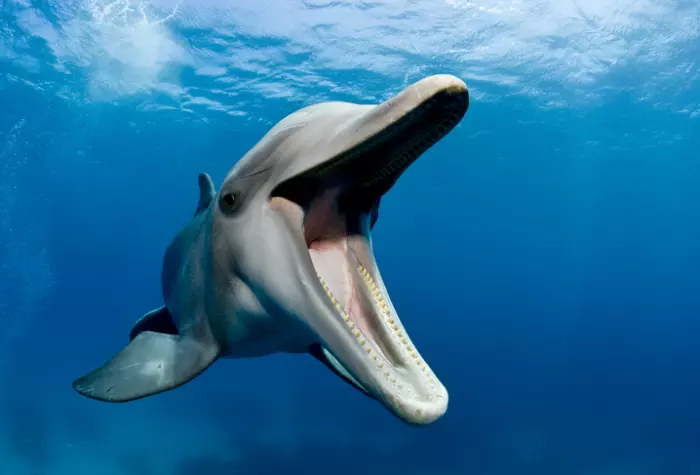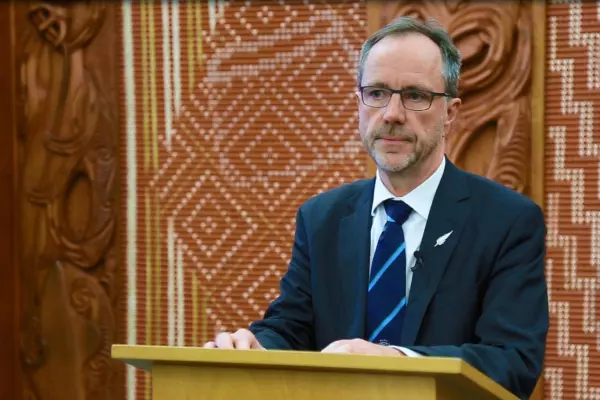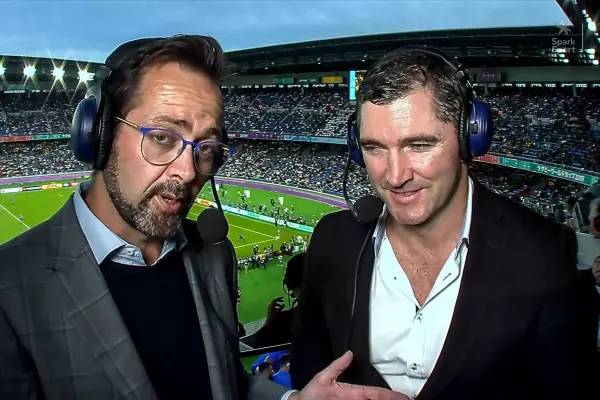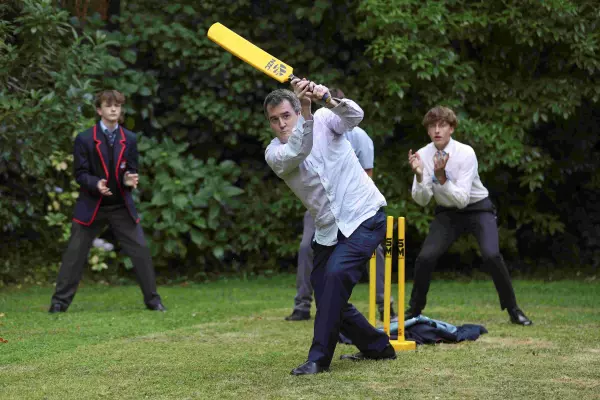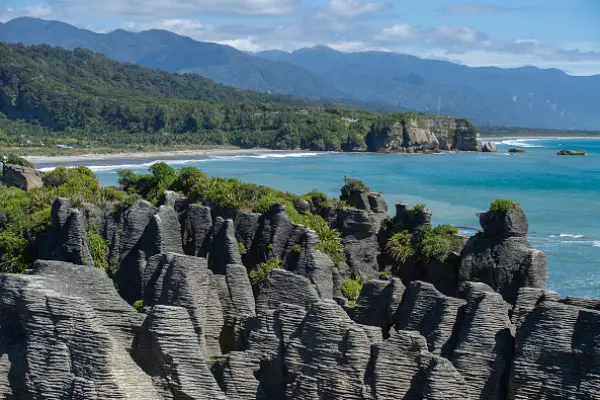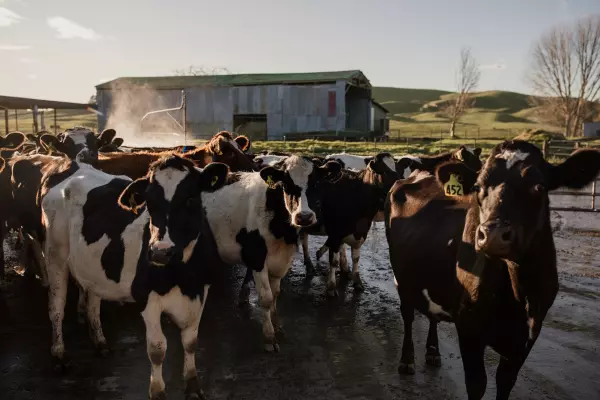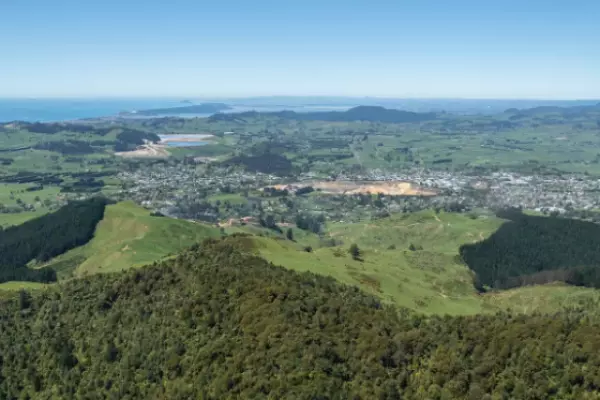This week, parliament will be voting on the biggest shake-up of inshore fisheries management in a generation. BusinessDesk explains how the death of a single Hector’s dolphin, nearly a decade ago, came back to haunt an industry.
Doug Saunders-Loder speaks for the commercial owner-operators that fish for the likes of snapper and tarakihi alongside a growing fleet of recreational fishers competing for the same resource.
The group he leads is frustrated by the government’s fisheries bill, which is squarely aimed at stamping out illegal discards, ie the practice of throwing fish overboard to avoid having it counted against quota.
He told BusinessDesk there’s a misconception that the New Zealand inshore fishing industry discards fish "holus-bolus” without any concern or responsibility for it.
The “reccies” also have their own well-organised groups, such as LegaSea, the political arm of the NZ Sport Fishing Council. But which side has the government's ear is hotly disputed.
Both can point to decisions that seem to unduly favour the other.
Sometimes it’s even the same decision, which confirms the suspicions of both, such as 2013’s reduction in the recreational bag limit for snapper.
Reccies said they lost because their bag limit went down, but the commercial-fishing industry said it lost because the total tonnage allocated to the growing population of reccies went up.
Often working in close concert with the recreational lobby are the environmental activists whose concerns include the by-catch of sharks, dolphins and seabirds – the latter a particular challenge for a country widely acknowledged as the “seabird capital of the world”.
However, it's the by-catch of the endangered Hector’s dolphin that indirectly set off the events behind the most significant update of the Fisheries Act to come before parliament in several decades.
Deep mistrust
Saunders-Loder is confident there aren’t any commercial operators illegally discarding large volumes of fish, at least not in recent times – so why all the fuss?
He explained that when the Auckland public sees a boat discarding, say, 10 cases of gurnard, it becomes an international incident, “and you can't get your mind past that”.
“The reality is the other 25 [commercial fishers] fishing alongside that individual will be taking steps to reduce the level of all by-catch.”
But those nuances are easily lost in a sector where there is deep mistrust among stakeholders and which has a reputation for being one of the politically noisiest.
Just ask former primary industries minister Nathan Guy who became so gun-shy after 2013’s snapper stoush that he kicked into touch the work his officials were doing on reforming the Fisheries Act.
Or ask current oceans and fisheries minister David Parker who just last month removed one of the more contentious elements from his own bill, not long after attending the AGM of the NZ Sport Fishing Council.
The last-minute amendment brought howls of protest from National’s Todd Muller, who said the provisions, which would have enabled a streamlined approach to fisheries decisions, had been negotiated by the sector in good faith.
“It destroys the trust that, within a sector, is challenging to find at the best of times.”
Parker cited that same mistrust as the very reason for throwing the provisions overboard.
Achilles heel?
In selling his reforms, Parker took full advantage of the industry’s image problem by making frequent references to the damning evidence the Ministry for Primary Industries (MPI) has uncovered through various compliance operations.
The most notorious of these was 2012’s Operation Achilles, in which cameras installed on boats recorded fishers making illegal discards.
 An NZ commercial fisher illegally discards an elephant fish. (Image: MPI)
An NZ commercial fisher illegally discards an elephant fish. (Image: MPI) It had all started with an argument over how many Hector’s dolphins were being caught off the east coast of the South Island.
Unlike their deep-sea cousins, inshore vessels are usually too small to accommodate having MPI observers onboard.
As an alternative way of scientifically documenting the dolphin by-catch, six skippers volunteered to have cameras installed on their boats.
The resulting compliance investigation was a complete accident: one of the Timaru skippers reported catching a single Hector’s dolphin, but an observer reviewing the footage thought they spotted a second unreported dolphin in the same catch.
Someone in MPI’s compliance arm got wind of what had been observed and took it upon themselves to begin investigating.
Thus, Operation Achilles was born – its name was inspired by the ancient Greek hero who was responsible for the death of the famous Trojan prince, Hector.
The investigator examined footage from all six vessels and observed five to be illegally discarding quota species on a regular basis.
Golden bullet
The way the commercial-fishing industry tells it, it had been quite upfront that the cameras would bear witness to some illegal discarding and only agreed to participate on the basis the footage was used purely for scientific research.
The way MPI tells it, the legal implications of installing the cameras had been discussed, but no formal agreement was ever reached over how the footage could be used.
Its report generated a lot of internal discussion over whether the five skippers should be prosecuted and several opinions were duly solicited from crown law. In the end, MPI let them off with a formal warning.
While Achilles did not lead to any prosecutions, it did hasten efforts to deploy technology, including cameras, that would enhance the monitoring of the inshore industry.
This impetus gained even more momentum in 2016, when several compliance reports, including Achilles, were leaked.
The public outcry triggered an independent review by (then) QC Michael Heron who criticised both MPI’s decision not to prosecute as well as the process leading up to it.
Damning emails written by senior officials came to light, such as one describing discards as “a systemic failure of the current system and something we have not been able to get on top of from day one of the [quota management system]".
The writer went on to say that if MPI found “the golden bullet to stop discarding, we would probably put over half of the inshore fleet out of business overnight”.
Heron's report served to reinforce public perceptions that MPI was far too cosy with the industry.
Old news
The Achilles footage is now a decade old and, on reflection, may not be quite as damning as it seems.
Saunders-Loder said what's frustrating about Operation Achilles "is that it's seen to be a bad thing, but in actual fact, the whole idea behind it was to try and improve things".
He lauded the efforts his fellow skippers have made to improve the management of the fishery, such as voluntary closures of fishing areas.
There is also constant innovation in gear design aimed at reducing by-catch, whether of non-target quota species, protected species or undersized juveniles.
Juveniles are a particular bone of contention, with the industry slamming the inconsistency of some quota species having a minimum legal size, which allows fish to be returned to the sea.
“Our fishermen on the deck of the boat are challenged with a decision as to why that small snapper legally has to be returned but the small gurnard can't.”
The irony is that the new Fisheries Amendment Bill will drive greater consistency because many of the current discarding exemptions will be removed leading to even more juveniles having to be landed.
Laws Lawson, chair of industry body Fisheries Inshore NZ, doesn’t think MPI’s policy team really understands fishing.
“What country in the world would say, ‘Oh, we're sustainable by killing all our juveniles?’
“I'll be honest, the guys kick them overboard … we don't think that's wrong.”
Streamlining
According to Lawson, the other key factor driving illegal discards is MPI’s tardiness in reviewing quotas.
There is a very tricky art to holding a balanced portfolio of quota that matches the proportions of fish species a skipper is likely to catch.
When one species, such as elephant fish, grows in relative abundance and its quota isn’t updated it becomes all too easy to inadvertently catch more than you’re legally entitled to.
That is why the industry is particularly upset that the streamlining provisions were dropped from the bill.
It would have allowed for pre-set decision rules that make small annual adjustments to quota in between the full formal reviews, which tend to take place only every five years.
Parker has left the door open to revisiting the idea, but only when trust has been rebuilt.
He acknowledged the industry has improved its ability to target species using more selective gear.
“Those efforts are ongoing,” he told BusinessDesk, "but, anecdotally, the extent of the changes to date and their effectiveness varies considerably.”
LegaSea spokesperson Trish Rea told BusinessDesk there's no way of telling whether fishing behaviour has improved or not.
“This is one of the reasons why we need cameras aboard all fishing vessels, and adequate monitoring.
“What we do know is that the [quota management system] hasn’t changed and both bottom trawling and dredging are still permitted in inshore waters and in our mixed fin-fish fisheries, so there will still be wastage and discarding at a level unknown to us.”
Parker said the changes to the Fisheries Act, in tandem with the rollout of cameras, “will help strengthen incentives on each fisher to make sure they are doing everything they can to reduce waste and avoid the catch they don’t want”.
Industry and government do agree on one thing – when the dust settles on the impacts of the bill, the inshore commercial fleet is likely to be smaller than it is today.
Disclosure: Jem Traylen was a fisheries policy analyst at MPI from 2013-16.


